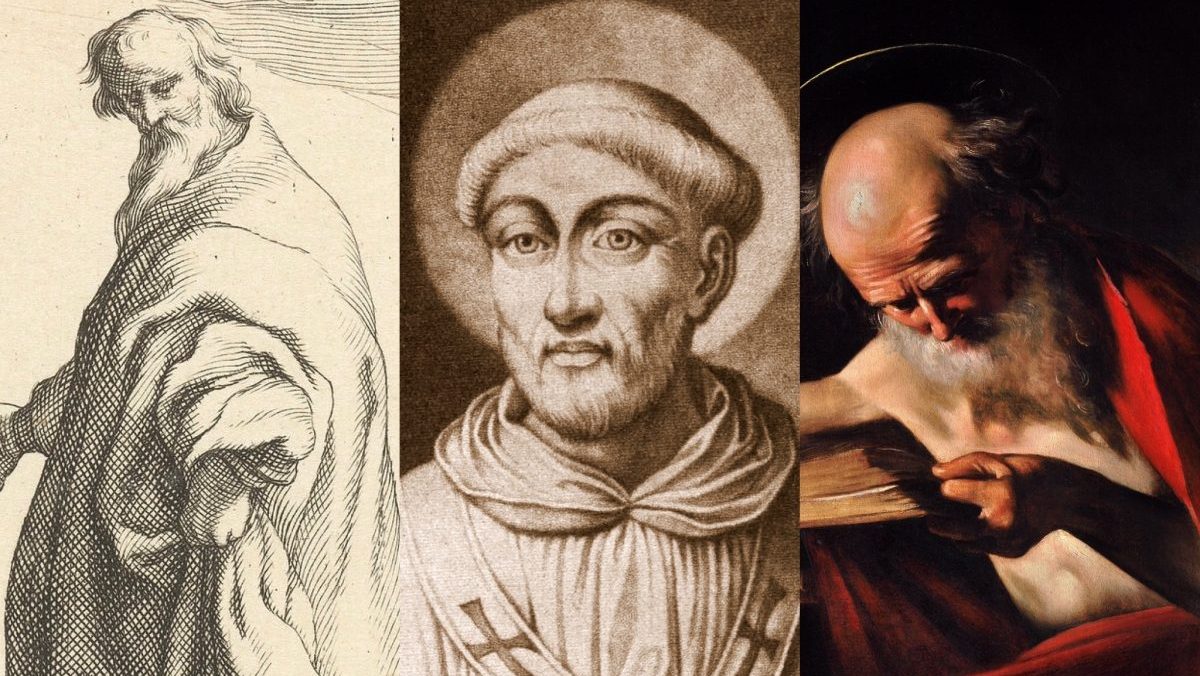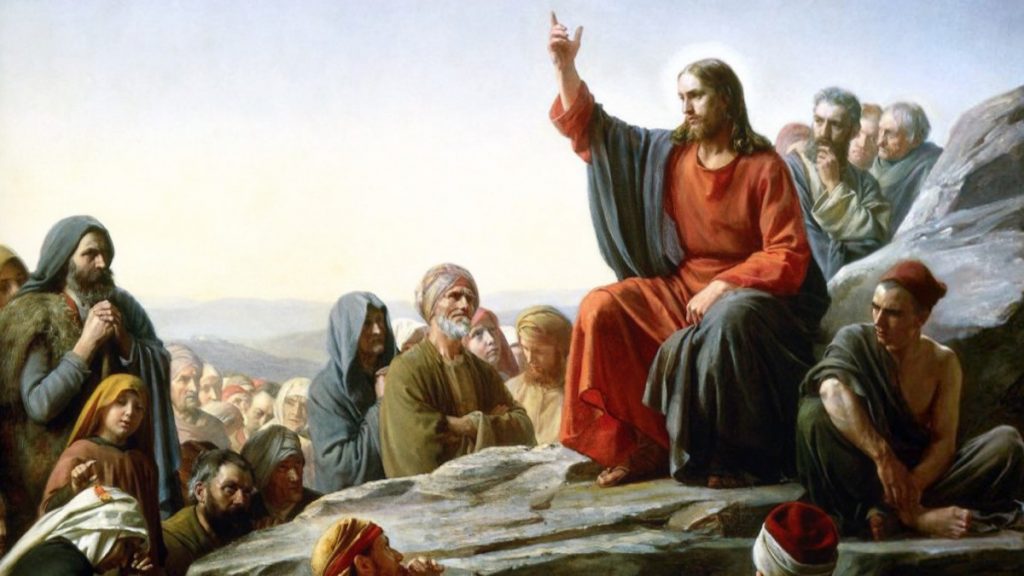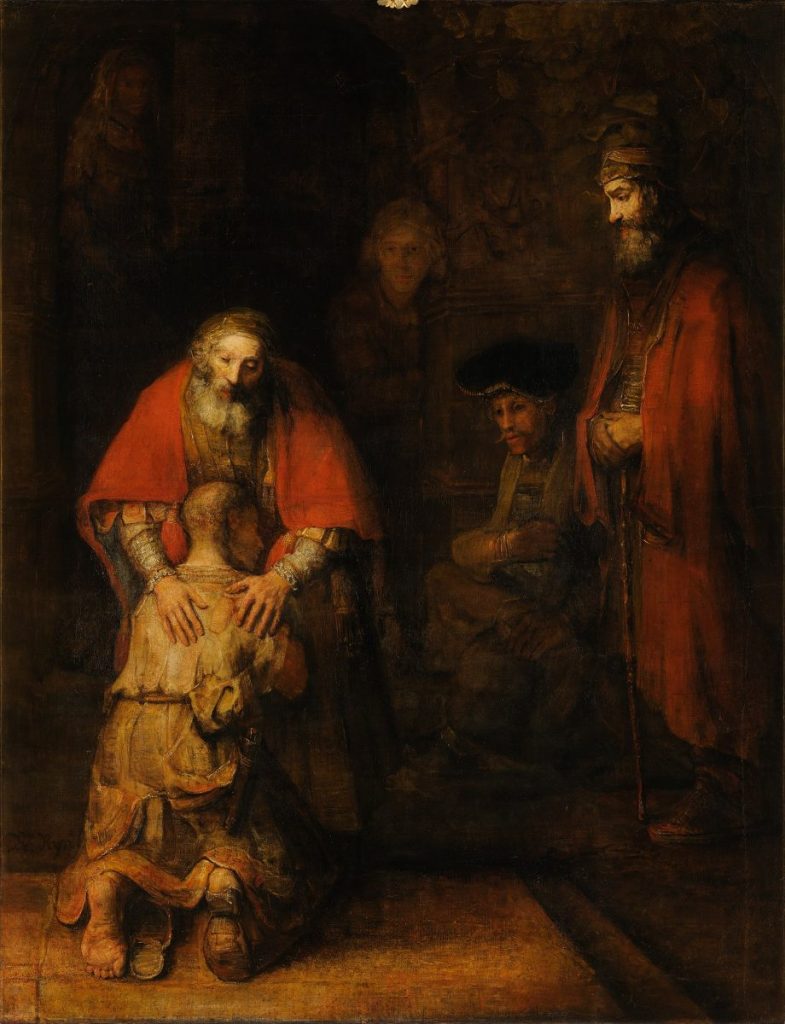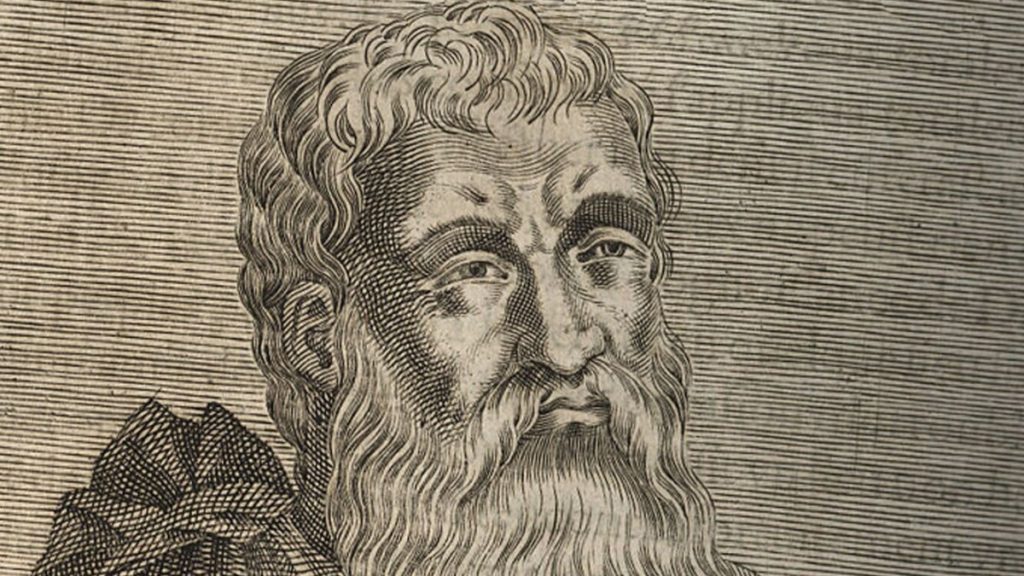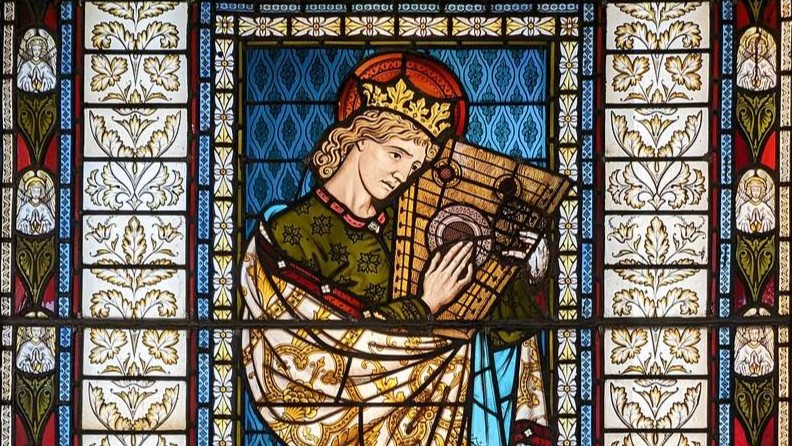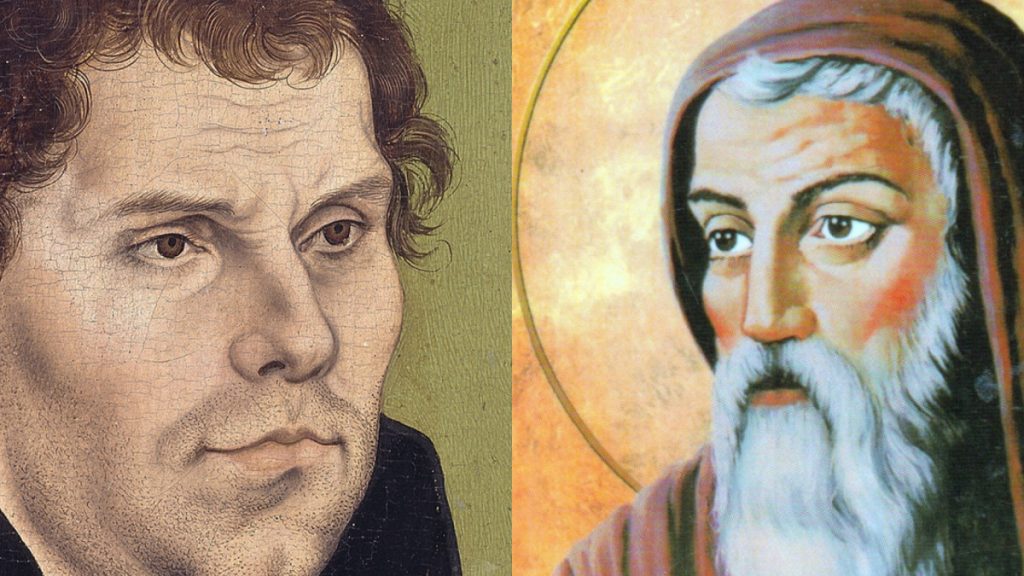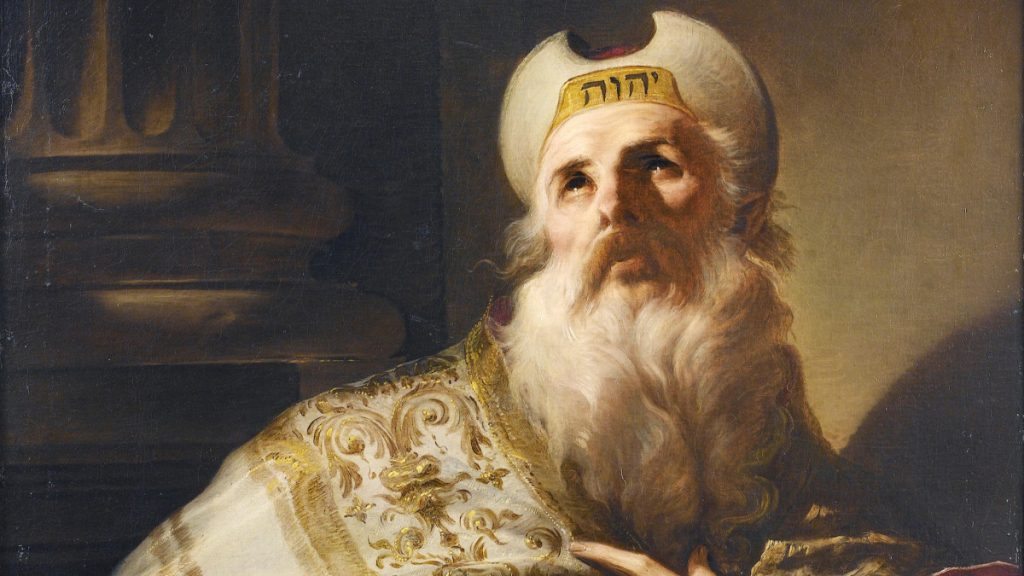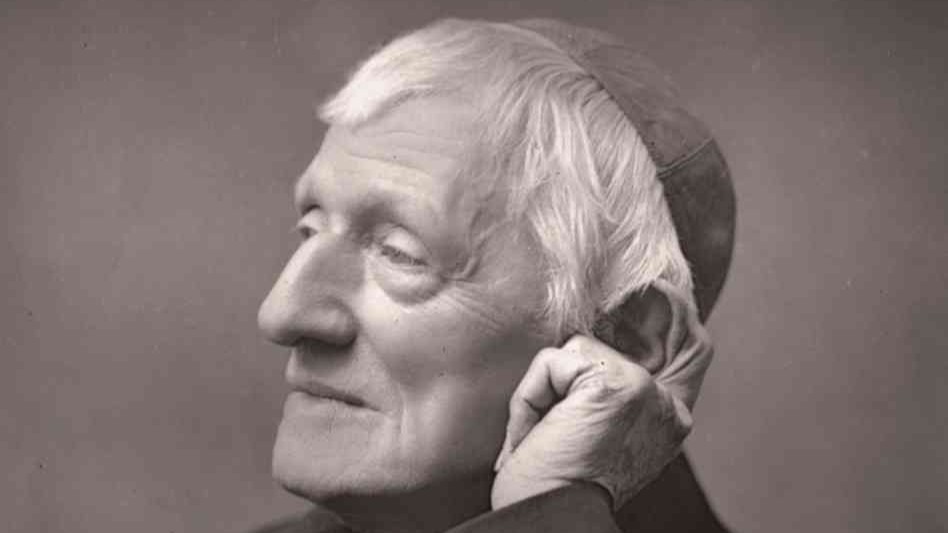Relevant Resources
- Quote Archive | The Papacy and the Invincibility of the Church
- Study Bank | The Ancient Lists and Testimonies of Popes Succeeding from Peter
Roadmap
This “Papal Snapshot” concerns the assertion by Rufinus of Aquileia (344/45-411) and St. Jerome (c. 342-47-420) that Origen (c. 185-c. 253), the prominent 3rd century theologian from Alexandria, Egypt, repented of various doctrinal errors to St. Pope Fabian, who was Pope from 236-50.
Our Roadmap is as follows:
- Our thesis is that Origen’s repentance for some of his doctrines to St. Pope Fabian provides strong evidence that as early as the mid-200’s, it was well known by even prominent figures in the east that the Pope possessed superior authority in doctrinal matters. We will show this by:
- Providing some historical context for Origen’s repentance; then
- Quoting the relevant portion from Rufinus’s Apology; then
- Summarizing the conclusions we believe can be reasonably inferred from this event.
Historical Context
Origen of Alexandria was one of the most important Christian theologians of the 3rd century, having been a prominent member of the famous Catechetical School of Alexandria. While much of what he had to say was perfectly orthodox, some of his teachings were controversial not only in his time, but centuries later. Many of them would be condemned multiple times by various councils.
One such controversy arose between Rufinus of Aquileia—a philosopher, historian, and theologian—and St. Jerome, who engaged in a lengthy spar over Origen’s doctrines, the propriety of translating his works, etc.
Rufinus’s Apology
It was in this context that in his Apology Rufinus asserted to St. Jerome—citing Jerome himself as his source—that Origen had repented of various doctrinal errors to St. Pope Fabian in his (Book 1, §44)1:
You say that Origen himself repented of these doctrines, and that he sent a document to that effect to Fabian who was at that time Bishop of the city of Rome; and yet after this repentance of his, and after he has been dead a hundred and fifty years, you drag him into court and call for his condemnation. How is it possible then that you should receive forgiveness, even though you repent, since he who before was penitent for emitting those doctrines gains no forgiveness? He wrote just as you have written: he repented as you have repented. You ought therefore either both of you to be absolved for your repentance, or, if you refuse forgiveness to a penitent (which I do not desire to see you insist upon), to be both of you equally condemned.
Conclusions
From this brief allusion to Origen’s repentance, we believe we can conclude as follows:
- As far as both Rufinus and St. Jerome were concerned, Origen had repented of his doctrinal errors to St. Pope Fabian;
- This repentance by Origen is evidence of the fact that at least as early as the mid-200s, it was known that the Pope possessed superior authority in doctrinal matters;
- This conclusion is likely, for even if Origen repented to his own bishop in Alexandria (which other historical reports say he did as well), such repentance would, on its own, be sufficient if all bishops possessed the exact same authority in matters of doctrine;
- But since he also repented to a Pope who was a long way away from him, it is most logical to conclude that the Pope possessed some sort of superior authority in matters of doctrine.
